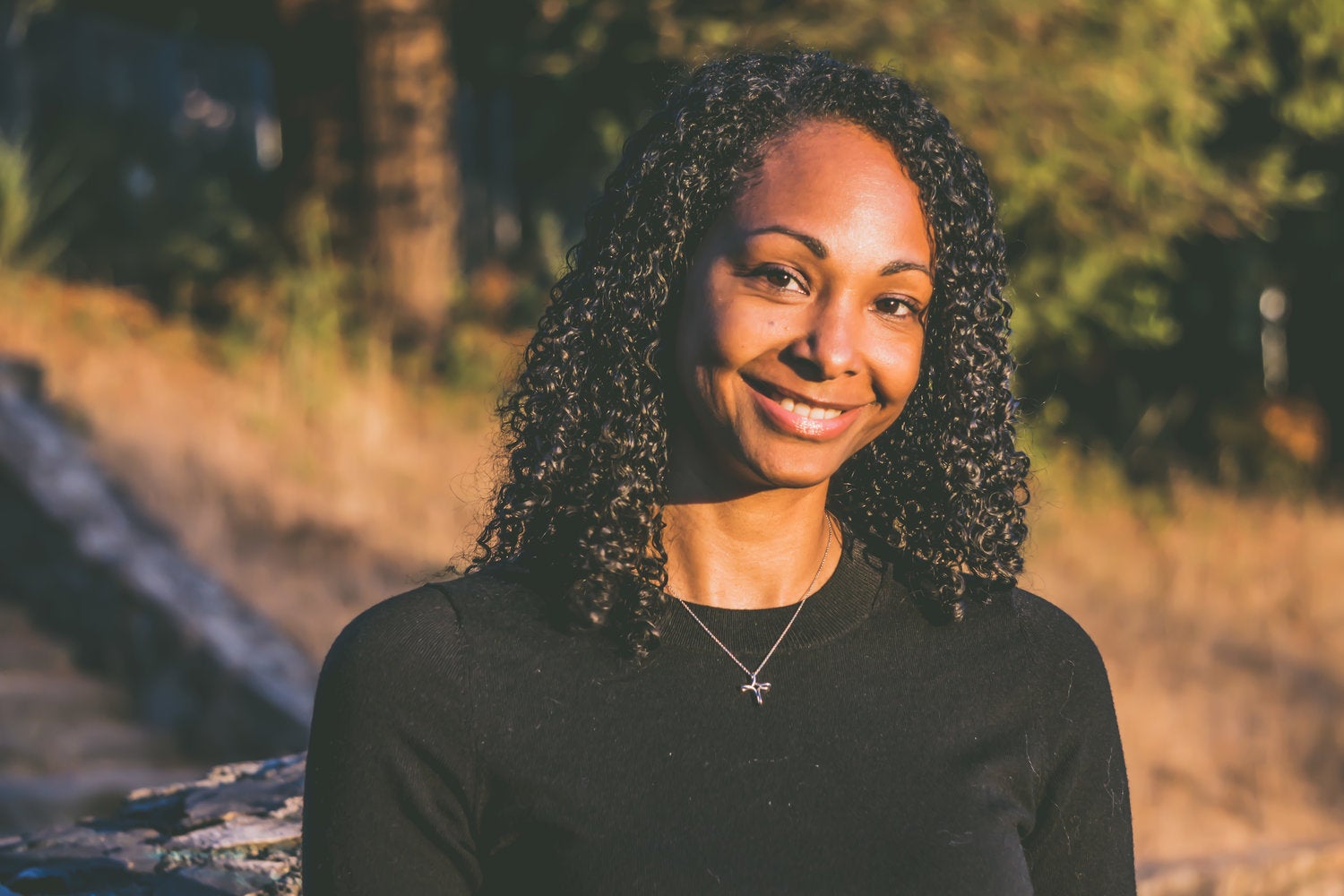
The journey up the corporate ladder is riddled with very specific challenges when you’re a Black woman or a woman of color. In fact, there are so many hurdles, you may be left to ask, was it worth it?
According to the Women in the Workplace 2018 survey, only 1 in 25 C-suite leaders is a woman of color; 4 in 10 Black women never have interactions with senior leaders about their work and for every 100 men promoted to manager, only 60 Black women are.
On a panel hosted by U.S. Representative Brenda Lawrence, General Motors and Lyft during the Congressional Black Caucus’ Annual Legislative Conference titled “African-American Women in the C-Suite: How Did You Get There? Was It Worth It,” executives such as Tonya Hallett from General Motors, Carla Harris from Morgan Stanley, Bari Williams from All Turtles and Nilka Thomas from Lyft all got candid about the ins and outs of life in the C-Suite.
With that in mind, these are some of the best observations and advice from these dynamic Black women on how they made it to the top.
Create a portfolio of experiences.
Bari Williams has covered vast ground as the VP of Legal, Business, and Policy Affairs at All Turtles, a startup advisor in the tech industry, and a published writer in the New York Times, Wired, Fortune, and Fast Company. She made her way around the notoriously male-dominant tech industry by being strategic as opportunities presented themselves—and fighting for them at every chance she got. Because at the end of the day, who else could fight these battles? “No one is going to be a better advocate for you, then you,” Williams shared during the panel. “I keep every single receipt or record anything I can about what I’ve done: how did this drive revenue for the company, how did it help my business partners get their deals done faster — whatever is important for your company.”

Know your worth.
Companies need to pay Black women to commensurate with their experience. It’s not about what the job is willing to pay, but what the candidate brings to the table. And oftentimes we are too scared to speak up because we have a voice in the back of our heads telling us to be happy with what we’ve got. But the only way that Black women can compete with the “old boys club” of corporate America, is to first know the value of what we’re bringing to the table. “Everybody ought to know the market value of your seat,” says Carla Harris, Vice Chairman and Managing Director at Morgan Stanley. “So often we go into these roles because we really need a job or we want that particular job. You should understand that every seat has a market value. If you don’t have an executive recruiter that is somewhere in your contacts — you need to get one. When you’re getting ready to take a job, you can know the market value. Thank God we now have legislation in most states where it is against the law to ask you what you made before. So often Black women have been behind because we poorly negotiate in those first couple of jobs. Even when you’re in job number four and job number five, you might have the title because you’re not getting paid what your peers are getting paid because people are pegging your money against what you did before.”
Find people willing and able to groom and advocate for you.
Many Black women have found success through mentorship and strong support networks but lack sponsors—leaders who will talk them up behind closed doors, direct assignments their way, and defend them against naysayers and…haters. Affinity group membership might expose them to such leaders, but as members of the women’s network they are eclipsed by White women and as members of the African-American Employee Resource Group (AAERG) they are eclipsed by Black men. “Having someone on the inside as a sponsor is so clutch,” says Williams. “People pay a lot of attention to mentorship, which is great, but sponsorship is what is actually going to boost you up. It’s having someone internally to say that you are doing good work. Or if they’re even better, they’ll bring you to the meeting next time. You need people actually in the room when decisions are being made that can vouch for you.”
Create the change you want.
While General Motors has long been a global leader in advocating for women’s equality in the workplace, with women in 34.4 percent of top management positions, Tonya Hallett, Executive Director of Human Resources at General Motors sought to find sisterhood in her fellow Black women leadership at the company. “We have a culture that is very family-oriented,” Hallett shared in a post-panel interview. “In fact one of our core values is relationships. Those relationships create a very familial feel. Our commitment to diversity and inclusion has been that we want to include you. We want to make it a space that anyone can come in, and they can excel… As we start to feel this whole sense of belonging, we start to [understand] things like people feeling like they were “the onlys.” We said listen, we’ve got like 20 “onlys.” So we realized, why don’t we come together and spend some time? So we went to Odyssey. As we all got together to go, we realized that we knew of each other, but we never spent time together the way a support system would have connected.”
Women helping women: It’s not only an inspiring idea but an essential one. Black female executives not only want sponsorship from within, but also nurturing, support and career advice from other women who have made it onto the top team. “So we decided from there, ‘we’ve got to do more here,'” shared Hallett. “We have 21 Black female executives in this company—we know each other’s names but we are not connecting with each other or supporting each other. So we started to meet quarterly. What we found was the sisterhood, and the sounding board is what we needed.”
This move epitomizes the experience of many entrepreneurial-minded female executives—when they need support within their C-suite experience, they create one for themselves. Thankfully for Hallett, her company supported the need for this sisterhood of women.
Regardless of the path Black women take, looking to other accomplished female leaders for sponsorship and guidance is just good business.







